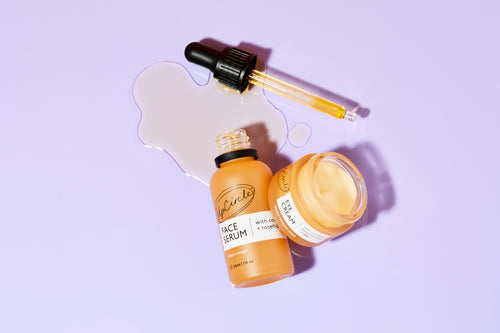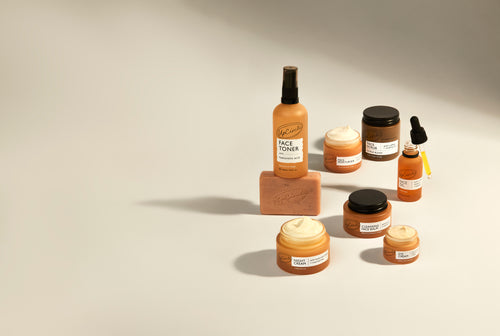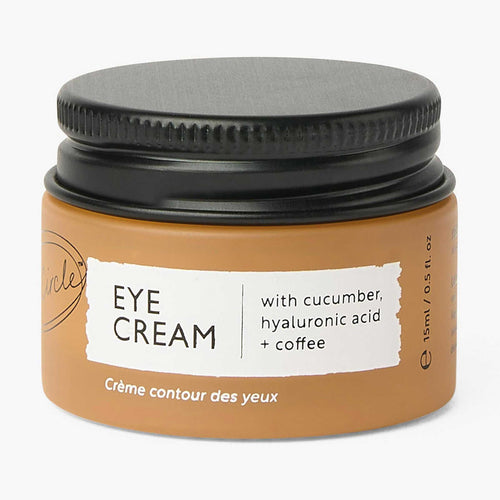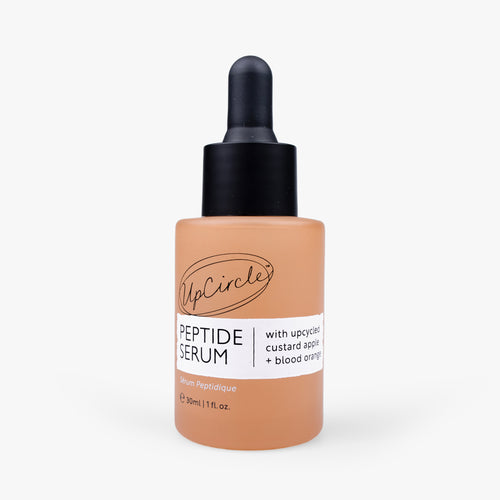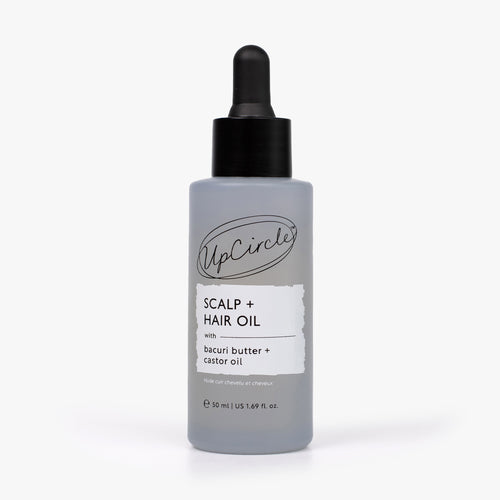Experts are increasingly learning that sleeping well is just as important as the food you eat and the exercise you do in terms of your health and wellbeing. However, for anyone that’s been plagued by an inability to get enough high quality sleep, it can feel difficult to hear. You know how to change your diet, you know how to increase exercise, but how do you actually sleep well? Here we dive into the truth about how to sleep better.
Poor sleep wreaks havoc with your hormones, brain function, metabolism and more. Good sleep leads to improvements in your wellbeing overall, with optimal metabolism, regulated hormones and even reductions in chronic diseases such as Type II diabetes. Yet as a society we seem to have forgotten how to get a good night’s sleep. Did you know that back in the 1940s, we were sleeping on average just over 8 hours a night each? Now, we average 20% less at 6.7 hours.
Tips for better sleep
1. Start early
One of the simplest methods for how to improve sleep is to start your sleep routine soon after waking in the morning. Yes, really! By getting outside early in the morning and exposing yourself to natural light, you help to regulate your circadian rhythms which govern your sleep.
2. Help your circadian rhythm all day long
Sorting out your circadian rhythm needs a whole day approach though. Definitely get as much daylight as you can during daylight hours. But then, come the evening, you need to reduce your light exposure. Our modern issue, with office blocks and handheld devices, is that we are somehow getting too little light during the day and too much at night. You need to work hard to flip that around.
So come evening, ideally switch off your screens. We know that’s not always possible, so consider dimming your screens, or use red glasses to remove the blue light.
3. Ditch the caffeine
We love the benefits of caffeine in our Coffee Scrubs, but you’re not ingesting it! When you ingest caffeine, you probably don’t even realise how much it is disturbing your sleep at the other end of the day.
Six hours after that cup of coffee, half of the caffeine is still dancing a merry jig in your bloodstream. Indeed, if you have a post-lunch cuppa then it’s still going to keep you up. One of the best tips to get to sleep is to stop your caffeine intake much earlier than you think you need to. We recommend none after midday!
Don’t believe us? Try it for a couple of weeks and see.
4. Love your routine
Evolutionarily speaking, we are creatures of habit. Our bodies love routine. Therefore, whilst it might be tempting to burn the candle during the week and then stay up late and wake later at the weekends, we aren’t doing our overall sleep ability any favours.
Instead, we should aim to stick to the same sleeping routine day-in-day-out. So yes, that alarm clock should go at the same time at the weekend.Whilst you’re at it, try to cut out day time naps, unless they are short and highly regular.
Obviously this is trickier for those who do shift work. It’s really important, if you can’t maintain a sleep routine, that you increase your focus on other tips, and also ensure that you eat well and destress to combat some of the effects of poorer sleep.
5. REALLY love your routine
It’s not just your routine in terms of timings that matters; your body loves some good signals to tell it that it is time to sleep. A wind-down routine that you always follow can help you get to sleep by signalling to your brain that it’s time to doze off.
Experiment to find a bedtime routine that works for you. We’ve found that a relaxing facial massage using a gua sha tool is perfect for preparing us for the Land of Nod. Gua sha brings so many benefits beyond good sleep, such as lymphatic drainage and stress reduction, so it’s worth making time for. Then apply some Night Cream which will help your skin to be rejuvenated overnight – this will be a wonderful sleep cue.
Extend your routine to having a lovely bedroom environment too, perhaps with a soothing Candle which you blow out just before sleep.
6. Reduce your alcohol intake
It’s tempting to think that an alcoholic drink can help you sleep. This isn’t actually true. Indeed, alcohol negatively affects the quality of our sleep. Alcohol messes with your nighttime melatonin and human growth hormone (HGH) production. Melatonin and HGH govern your sleep, so you don’t want to do that!
If you wake feeling like you’ve really not had a great night’s sleep then try cutting out alcohol for a while and see if that makes things better.
7. Reduce your stress
Stress has a nasty habit of keeping us awake. From a ruminating brain to a racing heart, when you are stressed it is harder to nod off and stay asleep. Reducing stress is a very personal quest, but find what works for you and you should see a marked improvement in your sleep quality.
Although not originally targeted for sleep, mindfulness apps like Headspace and Calm are increasingly providing sleep-centred tracks to help with sleep, as many find they are effective.
8. Get the temperature right!
Your body can be quite particular when it comes to sleep. Indeed, some research showed that ambient temperature was more important than noise levels in terms of getting to sleep!
Generally speaking, your body needs to be cool to sleep. So enjoy your cosy covers but get the bedroom temperature down to around 20°C or lower.
9. Consider when you eat and when you exercise
Your body works in harmony. One system affects another. If your digestive system is ramped up and working late at night, or your hormones such as adrenaline and epinephrine are pumped by exercise just before bedtime, you will find it hard to sleep.
Try to eat your last meal several hours before bedtime and exercise earlier in the day. Exercising regularly can actually aid your sleep enormously; it just needs to happen away from bedtime.
10. Know which supplements may help
There are a range of different natural supplements which can help with sleeping difficulties. Favourites include magnesium for improving relaxation, particularly if you are prone to restless legs, and lavender for its calming effects.
Knowing how to sleep better will empower you towards a better night’s sleep and you’ll look and feel better for it. Add our newly launched Chai Latte candle or Espresso Martini Candle into your pre-bed routine to help you relax. Our Night Time Skincare Bundle is the perfect edition to your bedtime routine, combining all your skincare favourites with our soothing candles.
